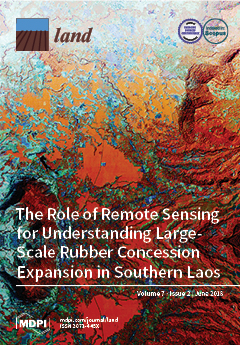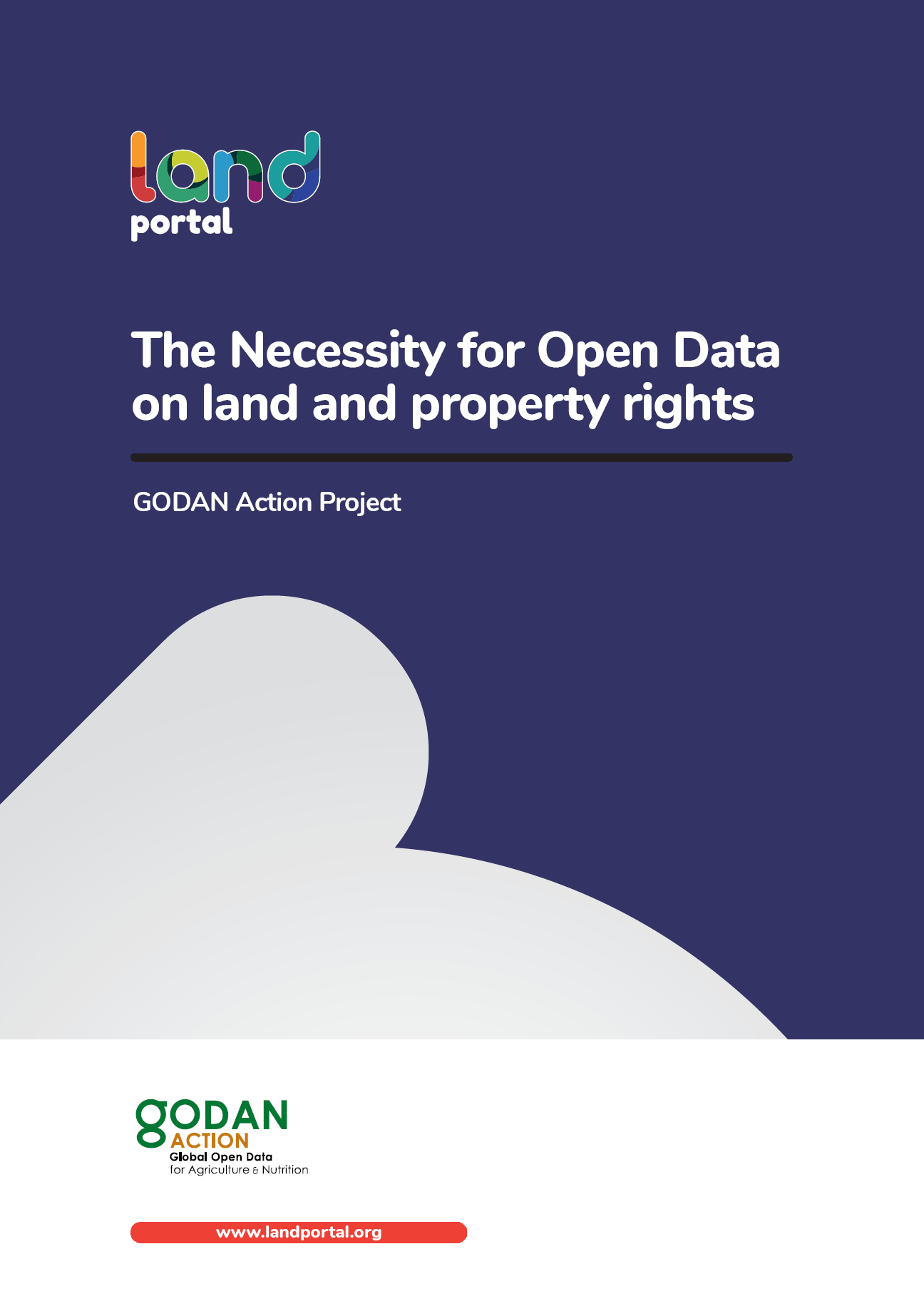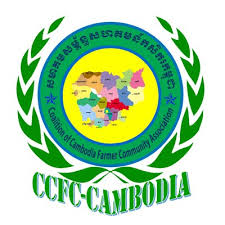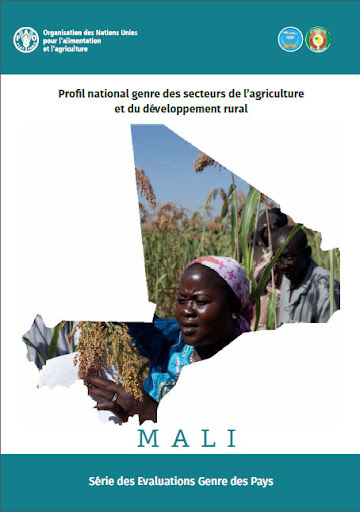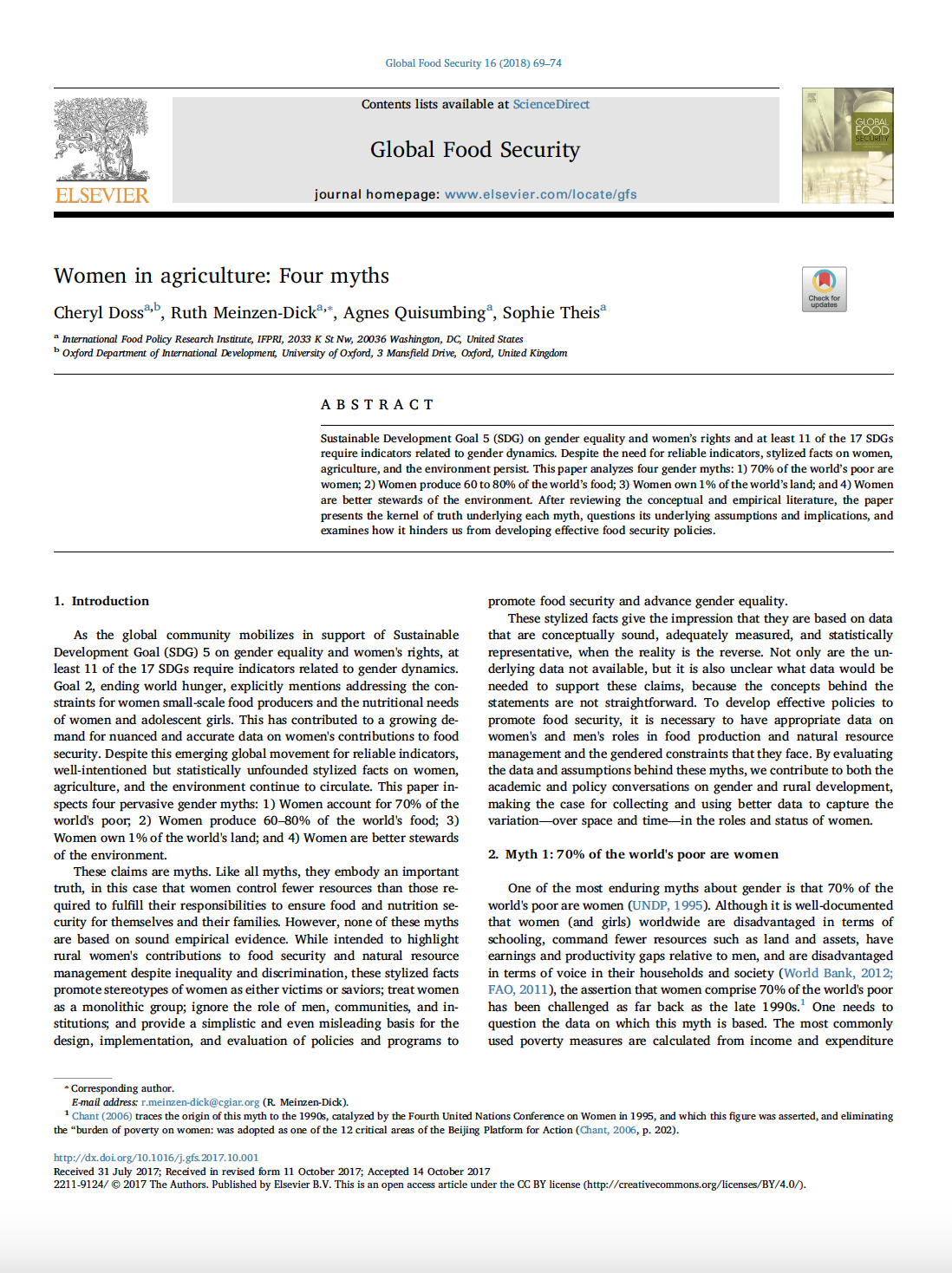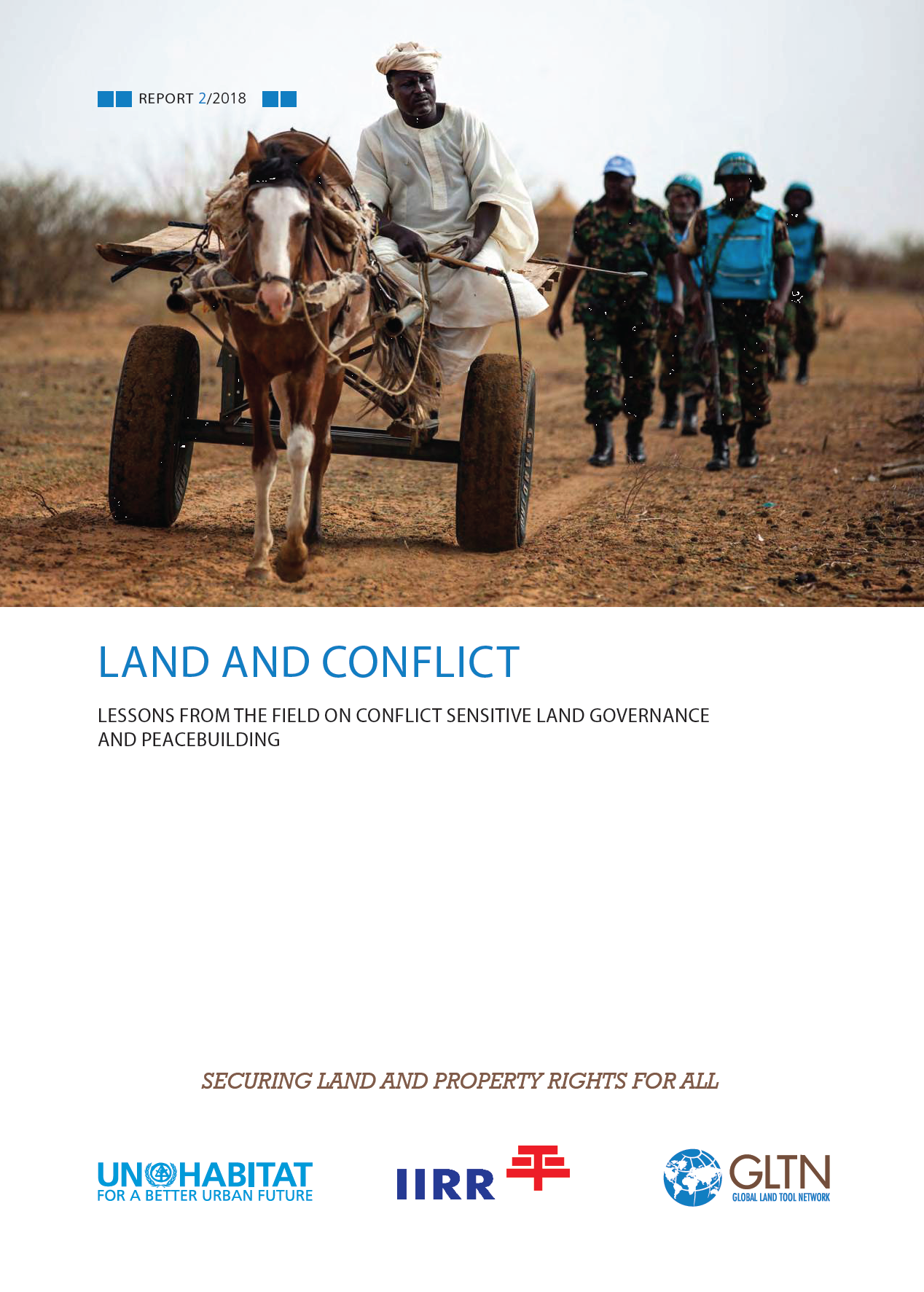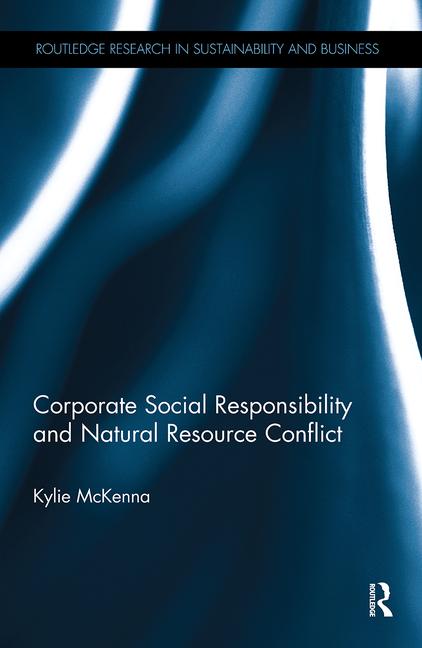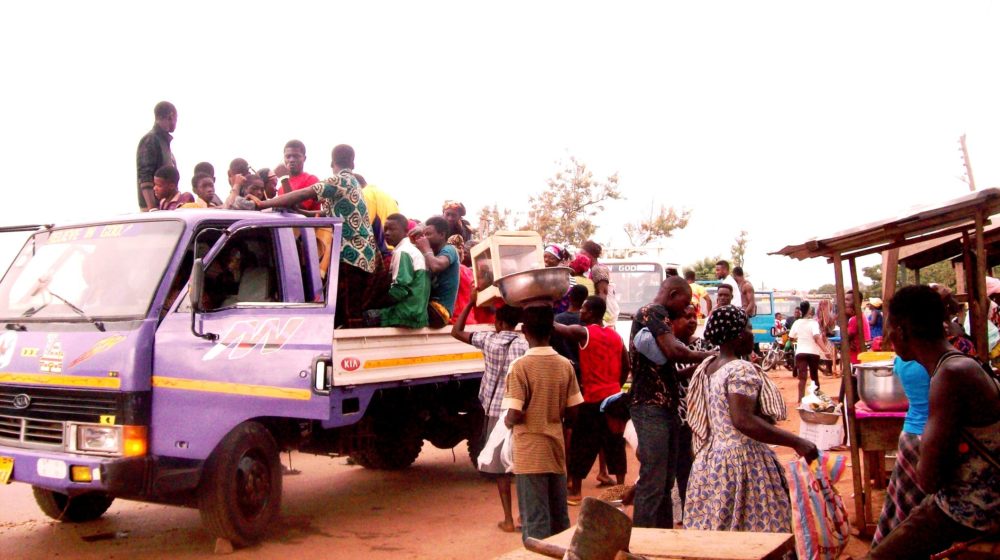Asssesing the effectiveness and impact of agricultural water management interventions: the case of small reservoirs in northern Ghana
Agricultural water management, particularly management of multi-purpose small reservoirs (SRs) in drier savanna areas of the northern Ghana, is being promoted as a key solution to improve agricultural production, enhance food security and livelihoods of smallholder farm households. However, little empirical evidence exist on how effective these small water infrastructures are in terms of delivering multiple benefits and their impact on the livelihood of smallholder farmers.


